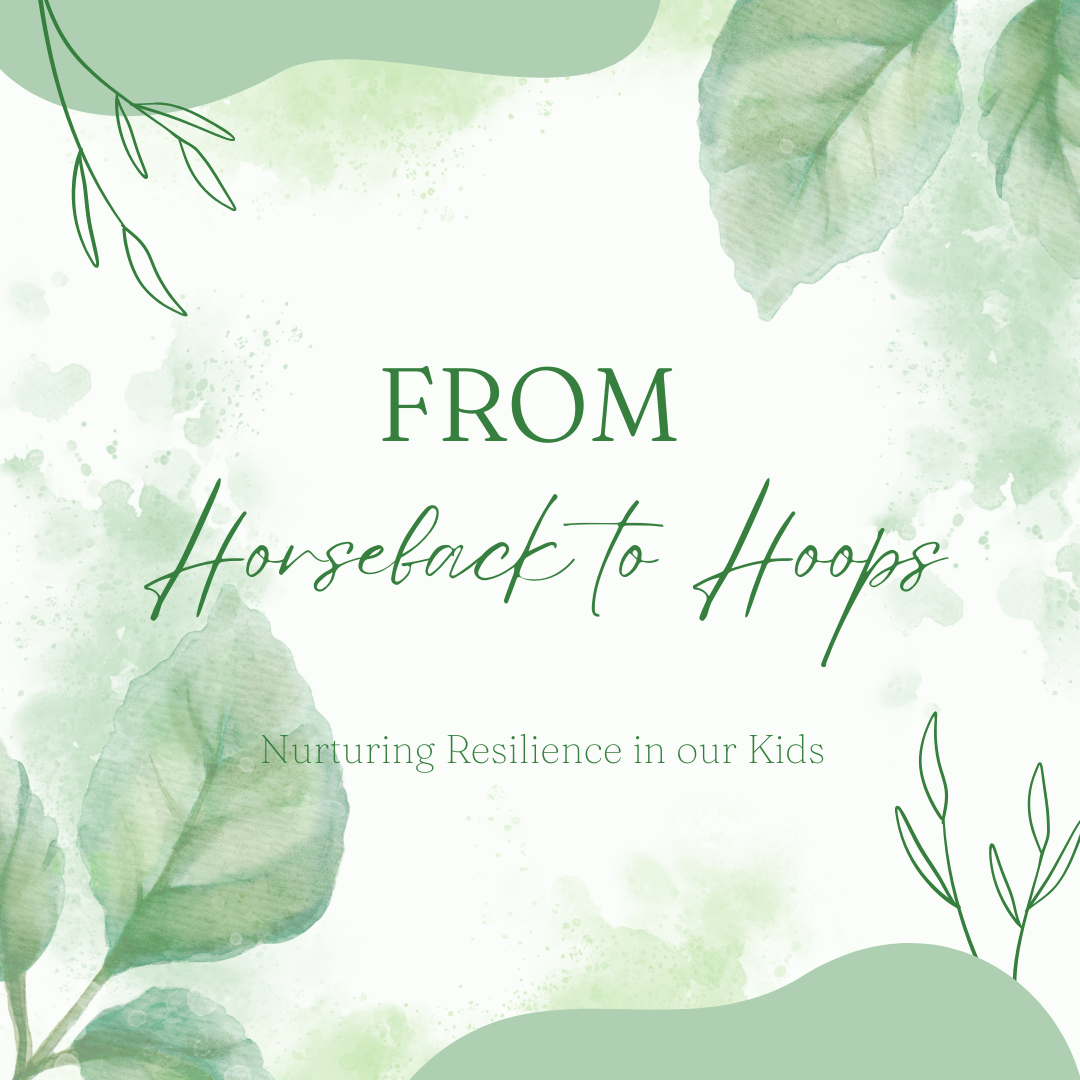Hey there, fellow parents! It’s Julie from Junior Problem Solvers, and today I want to chat about something close to my heart: helping our kids bounce back from life’s curveballs.
Growing up, I didn’t hear fancy words like “resilience.” In my world, it was all about getting back on the horse when it bucked you off. I remember one time, I took a nasty fall and ended up with a concussion. Everything was spinning, but you know what? I climbed right back into that saddle. Looking back, I’m not sure that was the safest choice (so don’t try this at home, kids!), but it taught me a valuable lesson about perseverance.
Fast forward to today, and I’m seeing resilience play out in a whole new way with the amazing kids I work with. Let me tell you about Julie (not me, another Julie!). This girl had her heart set on playing basketball, but athletics wasn’t exactly her strong suit. When she didn’t make the team, it would’ve been easy to throw in the towel. But not our Julie! She spent the next year practicing on her own, and guess what? The following year, she made the team!
Stories like Julie’s remind me of the incredible power of “yet” – a concept I’ve grown to love as a parent and educator. It’s based on the simple idea of adding “yet” to our kids’ “I can’t” statements. “I can’t shoot a basket” becomes “I can’t shoot a basket… yet.” This tiny word packs a powerful punch in building a growth mindset.
Dr. Carol Dweck, a psychology professor at Stanford University, has done extensive research on this topic. Her work shows that children who believe their abilities can be developed (a growth mindset) are more resilient in the face of challenges compared to those who believe their talents are fixed (Dweck, 2006).
But here’s the kicker: resilience isn’t just about individual grit. Recent studies suggest that supportive relationships and positive experiences play a crucial role in developing resilience. Dr. Ann Masten from the University of Minnesota calls this “ordinary magic” – the everyday interactions and supports that help children adapt and thrive (Masten, 2001).
So, how can we sprinkle some of this “ordinary magic” into our kids’ lives?
1. Embrace the power of “yet”: When your child says they can’t do something, gently add “yet” to the end of their sentence. It opens up a world of possibility!
2. Celebrate effort, not just results: Instead of praising intelligence or talent, focus on the hard work and strategies your child uses.
3. Share your own “resilience stories”: Kids learn from examples. Don’t be afraid to share times when you faced challenges and bounced back.
4. Create a supportive environment: Remember, resilience isn’t built in isolation. Foster strong, supportive relationships within your family and community.
5. Encourage healthy risk-taking: Let your kids tackle age-appropriate challenges. It’s okay if they stumble – that’s where the learning happens!
As parents, we’re not just raising kids; we’re raising future adults. By nurturing resilience, we’re giving them a toolbox to handle whatever life throws their way. Whether it’s getting back on a horse, making a sports team, or facing the everyday challenges of growing up, that resilient spirit will serve them well.
So, the next time your little one faces a setback, remember: they might not be able to do it… yet. But with your support and their growing resilience, there’s no telling what they might achieve.
What are your thoughts on building resilience in kids? Have you tried the power of “yet” in your home? I’d love to hear your stories and strategies in the comments below!
References:
Dweck, C. S. (2006). Mindset: The new psychology of success. Random House.
Masten, A. S. (2001). Ordinary magic: Resilience processes in development. American Psychologist, 56(3), 227-238.


